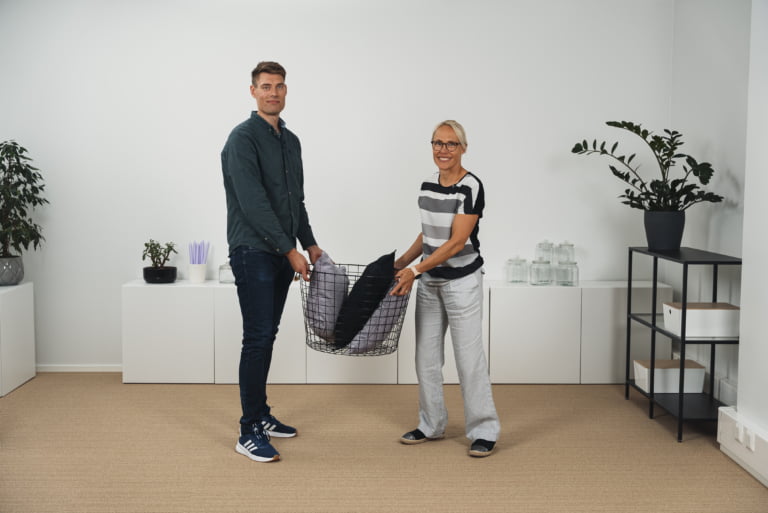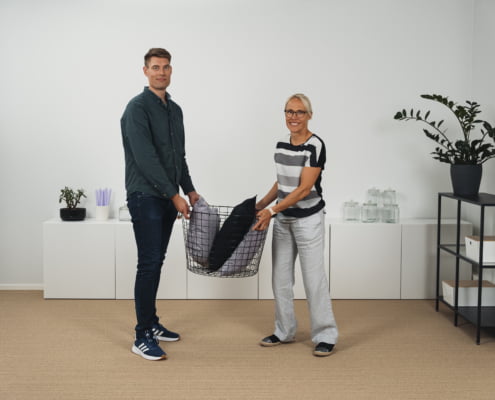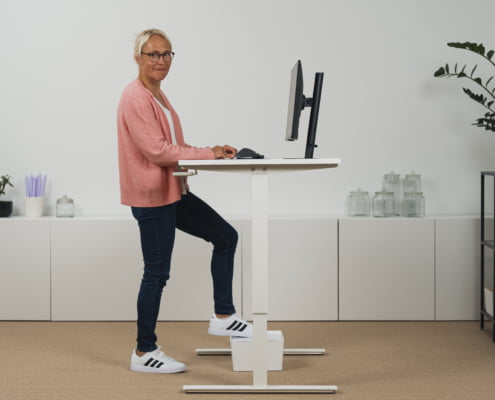Tämän artikkelin asiantuntijoina toimivat työfysioterapeutit Pirita Miettinen ja Mikko Suominen
 https://cuckoo.fi/wp-content/uploads/2024/09/Cuckoo-Mehilainen-12-scaled.jpg
1710
2560
emmi
https://cuckoo.fi/wp-content/uploads/2022/10/cuckoo.svg
emmi2024-10-01 15:31:522025-01-03 16:24:38Mehiläisen työterveyspsykologin viisi vinkkiä: Näin palaudut jo työpäivän aikana
https://cuckoo.fi/wp-content/uploads/2024/09/Cuckoo-Mehilainen-12-scaled.jpg
1710
2560
emmi
https://cuckoo.fi/wp-content/uploads/2022/10/cuckoo.svg
emmi2024-10-01 15:31:522025-01-03 16:24:38Mehiläisen työterveyspsykologin viisi vinkkiä: Näin palaudut jo työpäivän aikana





